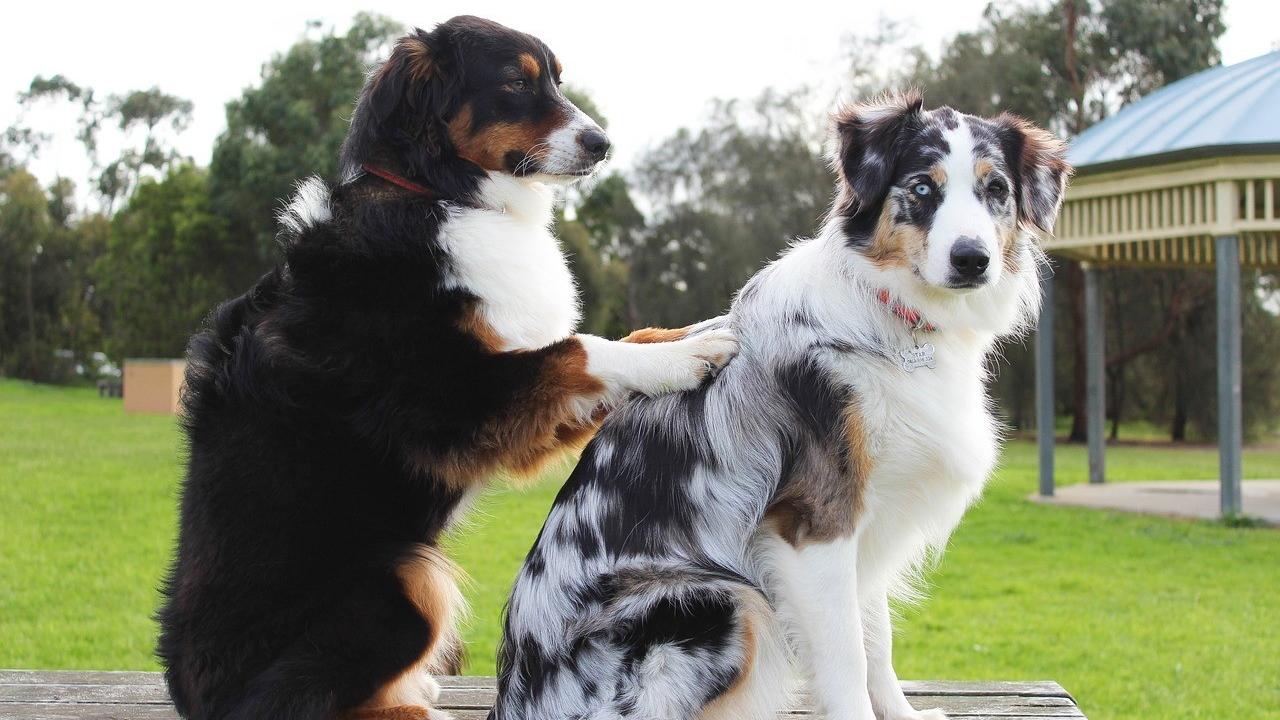Building Social-Emotional Intelligence

Much is made in educational circles these days about social-emotional learning and intelligence (SEL). Schools everywhere are scrambling to address the social and emotional needs of youth, developing and implementing curriculums, and creating policies. The workplace is also getting on board as more and more businesses are realizing that the key to a successfully run organization is having employees who can solve problems independently and possess solid interpersonal skills.
I think schools, however, get a bad rap. Increasingly, they are asked to do more with less. Everyone wants our students to achieve their full potential. Educators are faced with the awesome and daunting task of providing learners with the skills for success. There is a lot of emphasis on what we need to teach but very little on how to do it. How do you engage, inspire and lead students through the maze of stuff that is thrown at them and help them make sense of it? How do you help them retain what is important?
Developing effective social-emotional skills is the bedrock of learning. They are not, however, skills that you teach. They are actually learned over time through experience.
Learning is always a choice. Students are not passive receptacles we pour information into. They are active participants who come to us with all of their hopes, dreams, ambitions, and fears. They already have in their possession the greatest tool on the planet- the human mind. Its job is to solve problems. The better we get at problem-solving. the better we get at adapting and developing the resilience to overcome obstacles. So how do we set up contexts where students can learn how to use this tool and apply it to their lives?
When it comes to SEL, instead of teaching it, we can build it by validating the experience of the learner. Simply put, we can start by asking them who is important to them. We can also ask, "What brings you here?" ( otherwise known as what is important to you). Being social means being interested in others so what better place to begin than asking about the lived experience of their lives. This also includes whatever they see as obstacles. They could be tired, hungry, frustrated, etc. This is addressing what may be going on inside of them.
A few simple, respectful questions set the stage for SEL. Asking these questions puts them in touch with their social and emotional world. Asking about what they do to move toward the people and things in their lives as well as what they perceive as standing in their way builds awareness. Curriculums and policies can't do that. People can.
It turns out that the more "aware" or some would say "mindful" of our actions and experiences, the better we get at coming up with solutions for whatever issues we face. I refer to awareness as "noticing" since it is easy and natural. What is needed when we are young is someone, like a teacher or trusted other, to ask us about these questions to get the noticing going, until we learn how to do it on our own. We can do the asking and the students do the noticing. We build social-emotional intelligence through the experience of mastering ourselves in the problems that come our way, academic, social or otherwise.
If you want to know more, go to evolvingsolutions.co homepage for my free training.
Stay connected with news and updates!
Join our mailing list to receive the latest news and updates from our team.
Don't worry, your information will not be shared.